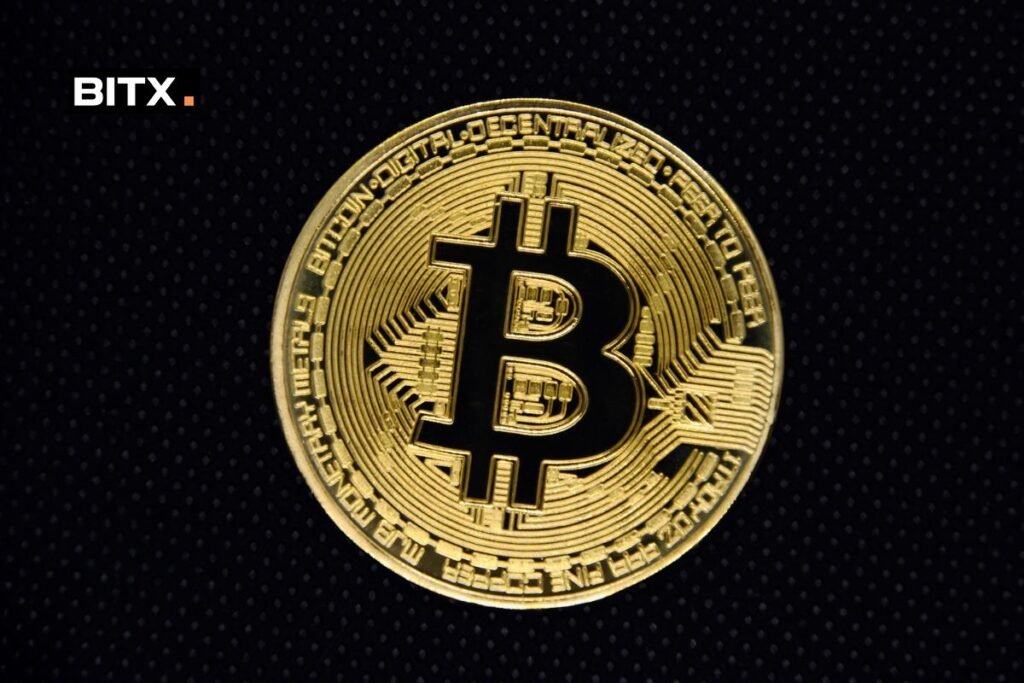Introduction
In the digital world of cryptocurrencies, Bitcoin stands as the undisputed king. Its decentralized nature, peer-to-peer transaction system, and potential for high returns have made it a popular choice for investors worldwide. However, with great opportunities come great responsibilities, especially when it comes to security.One essential aspect that many Bitcoin owners often overlook is the importance of cold storage in maintaining their digital assets secure.
Understanding Cold Storage
Cold storage is a method of storing Bitcoins offline, away from Internet-connected devices. Common cold storage solutions include hardware wallets, paper wallets, and USB wallets. By keeping the private keys (the digital equivalent of the traditional keys to your safe deposit box) offline, cold storage minimizes the risk of theft and loss due to hacking, malware, or phishing attacks.
The Vulnerability of Hot Wallets
In contrast, hot wallets store Bitcoins in online networks, such as on exchanges or software wallets connected to the Internet. While they offer convenience for everyday transactions, hot wallets are prime targets for cybercriminals. The connection to the Internet increases the risk of unauthorized access, which can lead to the theft or loss of valuable Bitcoins.
The Advantages of Cold Storage
Cold storage provides a higher level of security due to its offline nature. Since the private keys are not exposed to the Internet, they are less vulnerable to hacking and malware attacks. Additionally, cold storage solutions are designed to withstand physical theft. For instance, hardware wallets are often small, durable devices that can be kept securely at home, or even in a safety deposit box.
Best Practices for Cold Storage
-
Choose a reputable cold storage solution: Research and compare different cold storage options to find one that suits your needs. Look for factors such as security features, ease of use, and customer reviews.
-
Secure your cold storage properly: Many cold storage solutions come with built-in security measures, but it’s essential to take additional precautions. For example, if you’re using a paper wallet, store it in a secure location, such as a safe or a safety deposit box.
-
Backup your wallet: If you’re using a hardware wallet, make sure to backup your wallet periodically. Most wallets will guide you through the process of creating a backup, which is crucial in case your device is lost or stolen.
- Secure your recovery phrase: Your recovery phrase is a list of words that allows you to restore your wallet in case you lose your device. Keep it safe, and never share it with anyone.
Conclusion
In a world where cyber threats are increasingly common, cold storage emerges as a crucial tool for maintaining the security of your Bitcoin investments. By keeping your Bitcoins offline, you significantly reduce the risk of theft and loss. So, while the convenience of hot wallets may be tempting, remember that cold storage offers a more secure way to store your Bitcoins and protect your hard-earned investments.

